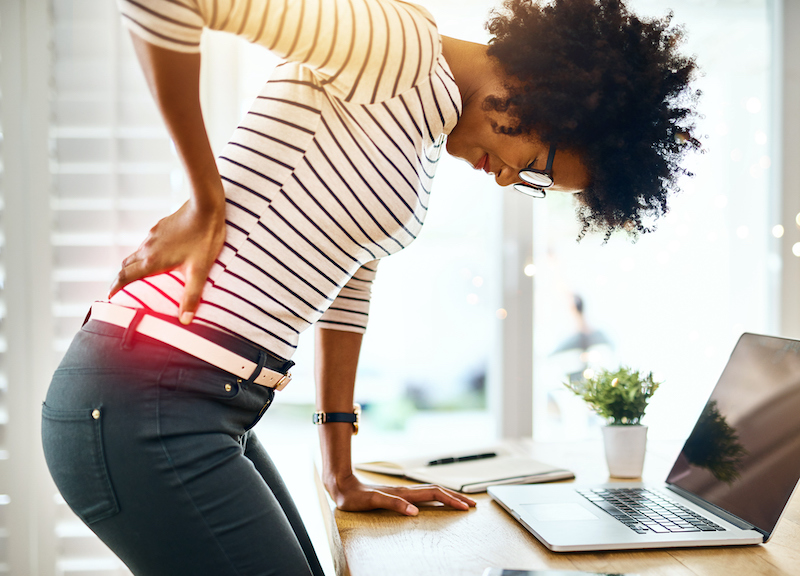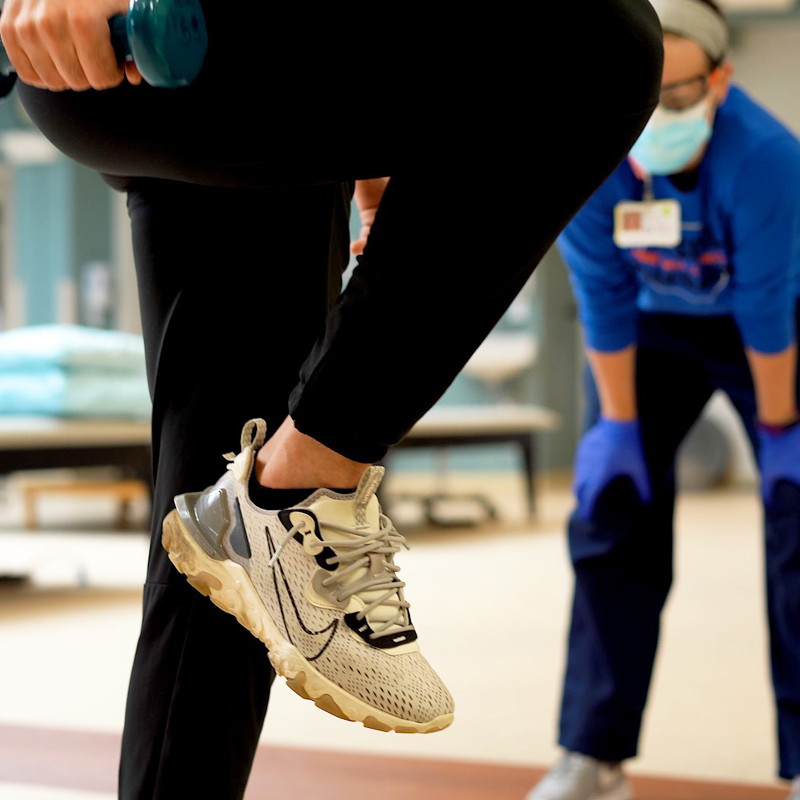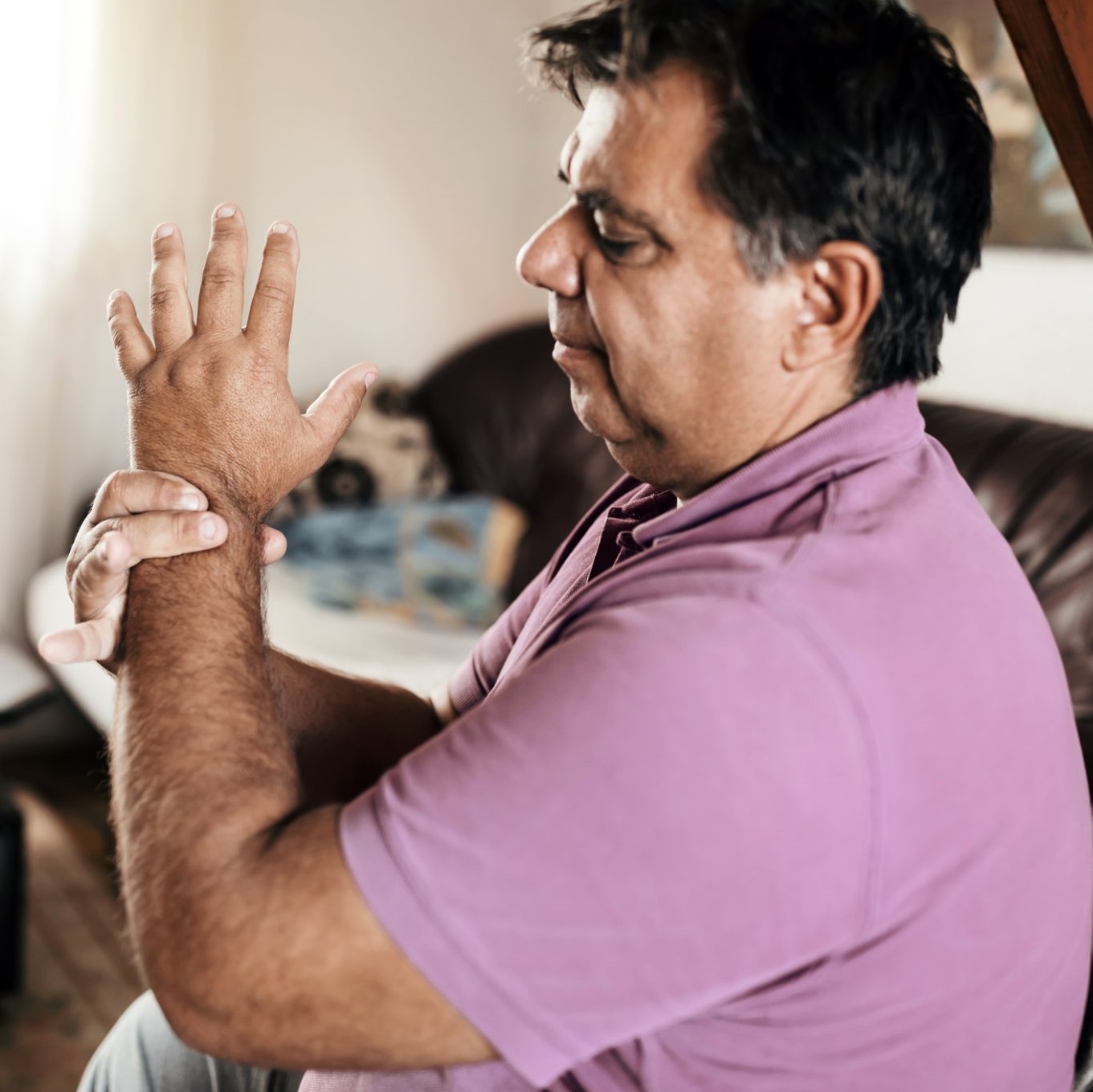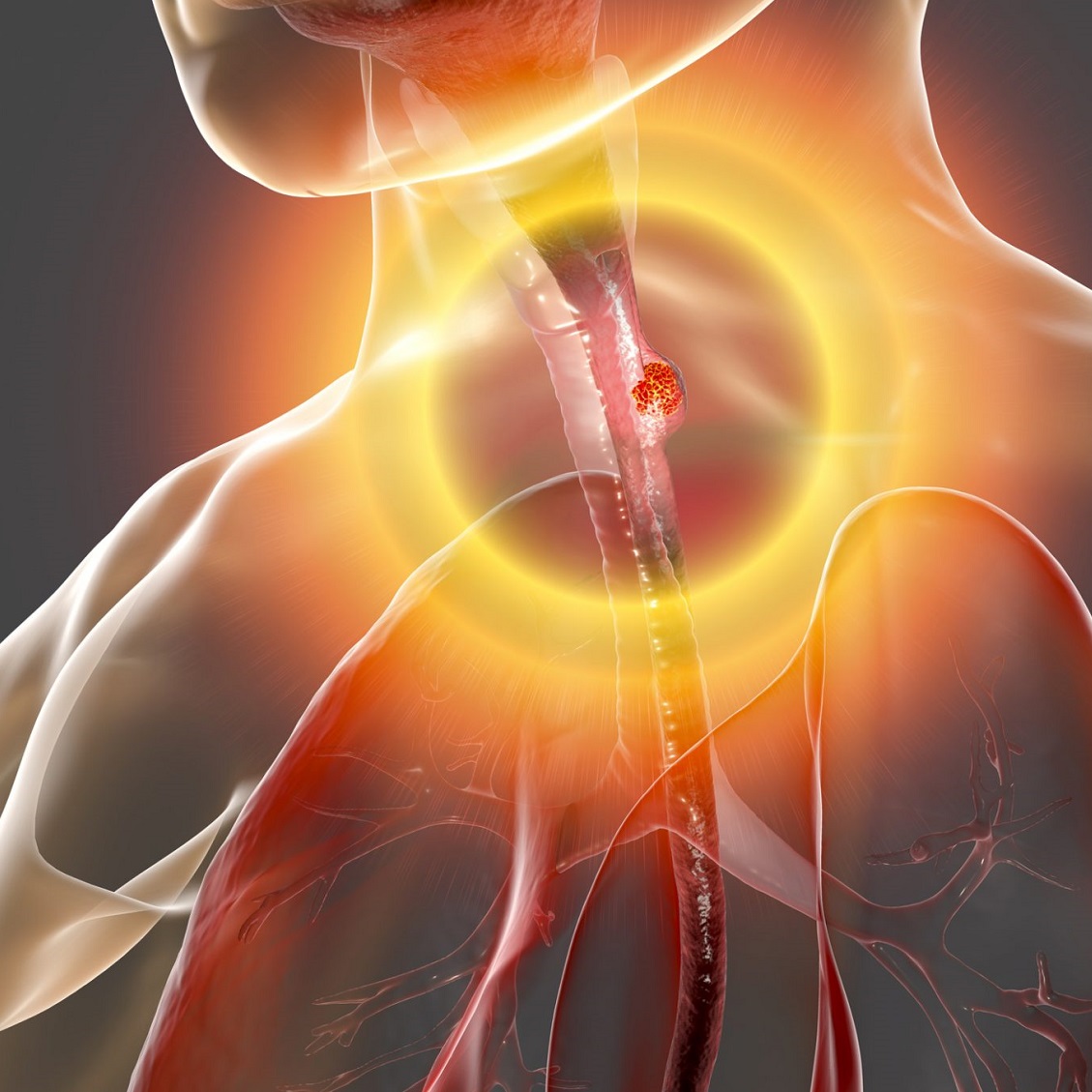Answers to 10 Common Questions About Back Pain

September 16, 2021
Even if back pain is not an issue for you now, it is likely that you or a loved one will have back pain questions that need answering. That’s because, according to the National Institute of Neurological Disorders and Stroke, approximately 80% of adults will experience back pain at some point in their life. Ouch.
Patrick Roth, M.D., chairman of Neurosurgery at Hackensack University Medical Center, offers insight on some of the common questions about back pain.
1. Is there a way I can prevent back pain?
“While you can reduce the frequency, duration and intensity of your back-pain episodes, back pain is not something you can prevent completely,” shares Dr. Roth.
While this isn’t the most inspiring news, Dr. Roth wants his patients to understand that back pain is a part of life, and there is no reason to panic.
“Although back pain is universal, back pain does not have to lead to disability. The path from back pain to disability is not due to the pain itself, but rather the culture. The way a culture perceives pain determines how it’s dealt with – westernized cultures see the most occurrences of disability.”
“Back pain should be looked upon like a headache or the common cold – not something that’s irreversible or broken. If you want to lessen the instances of back pain and the severity, you’ll need to strengthen your hidden core.”
While most associate their core with their abdominal muscles, Dr. Roth focuses on the “hidden core” and the importance it has in controlling back pain.
“Your hidden core are the muscles you can’t see – if you look in the mirror, you can’t see your back muscles, those are the ones we want to focus on and strengthen. These muscles create an internal brace that stabilizes your spine and reduces back pain.”
2. If my back hurts, should I limit my mobility?
“I think this is the greatest myth of all, and is propagated by our culture – ‘my back hurts because something is broken inside of me’,” shares Dr. Roth. “These people deeply believe they did something to compromise their spine structurally, and they shouldn’t move until it’s fixed. This is rarely the case.”
Dr. Roth believes the key to alleviating back pain is to show patients that they can safely exercise in between pain episodes and even while they are experiencing pain. He works with patients to strengthen their hidden core, and specifically trains them using kettlebells, a round type of dumbbell with a flat base and arced handle.
“A lot of patients think, ‘I’m fragile, I have a bad back, therefore I’m going to avoid doing this or doing that,’ and that is not the solution. Invariably, you can’t keep avoiding things throughout your life; your focus should be to make yourself less fragile,” he adds.
3. Will a standing desk improve my back pain?
“I think standing desks are effective – if you stand for an extended period of time, you are engaging your core,” says Dr. Roth. “The problem with sitting is that you have a tendency to stretch your posterior chain of muscles, hurting your interior core by causing an imbalance.”
However, proper seating position and frequently standing are not the sole solution to back problems.
“Don’t put all of your energy into ergonomics, they are effective, but not as much as one may suppose,” warns Dr. Roth. “Standing every 15 minutes or so will certainly help, but it’s not enough on its own. You need to incorporate back strengthening activity into your routine.”
4. Will laying on the ground help with back pain?
“Laying on the ground can certainly help alleviate back pain – when you lay on hard surfaces, your lower spine is in traction in that position,” says Dr. Roth. “The pressure in your lower spine is lowest while lying flat on your back, the disc is sucked away from the nerve in this position, which causes the release in pressure.”
5. Does milk actually make your bones stronger?
“Yes, milk is good for your bones, but if you want to keep your bones healthy, don’t neglect Vitamin D,” shares Dr. Roth. “The two together support bone health.”
6. Are there any vitamins I can take to help with back pain?
“There’s nothing wrong with taking a daily supplement of a multivitamin. However, in terms of bone health, many consumers take a glucosamine supplement, yet the effectiveness has never been proven,” cautions Dr. Roth.
“The FDA does not regulate these supplements and it is considered unsupported. There may be anecdotal evidence, but no human studies have shown efficacy; perhaps, if there is a positive effect, it’s a placebo effect.”
7. How can I relieve back pain in the car?
Dr. Roth recommends making it a habit to break up your long road trips by stopping and walking around.
“It’s a really good habit, one that people don’t take advantage of enough,” advises Dr. Roth. “Let’s say you go on a 200 mile trip, I always recommend, even if you don’t have chronic back pain, to break it up into four parts. Simply moving from sitting to standing, and walking around for a few minutes, you’ll find some relief in changing position.”
8. What types of stretches can I do to relieve back pain?
“Place your hands on your hips, and bend forward, but keeping your back flat. This is called a hip hinge,” he says. “It’s important to understand the difference between back bending and hip hinging, your back should be straight in this stretch. This position helps loosen your hamstrings – hamstring flexibility is important for reducing back pain.
9. How do I know if I need back surgery?
“Every patient is different, however my first approach will always be to look for a non-surgical solution, like core strengthening, to address spinal problems,” says Dr. Roth.
“We don’t want to over-treat our patients – they are looking to avoid extensive treatments, like surgery or medicine, what they really want is their health. It is important for patients to understand that their back pain can usually be managed by building their strength,” shares Dr. Roth.
“If the patient choses to move forward with surgery, perhaps they have a neurological deficit or severe pain, we’ll use minimally-invasive techniques for a safer approach that also has a shorter recovery time.
10. If I need back surgery, what is the risk of paralysis?
“The vast majority of surgeries focus on the lower spine, which doesn’t involve the spinal cord at all, so the risk of paralysis of the legs is almost zero. You can injure individual nerve roots, but the risk is relatively low with the advanced technology and techniques available,” explains Dr. Roth.
Dr. Roth equates worrying about paralysis in spine surgery to worrying about your plane crashing on the way to your favorite amusement destination, “You can’t say it’s impossible, but you should be more worried about the price of tickets getting into the park,” he jokes. “Worrying about the improbable is not a good investment of your time.”
The material provided through HealthU is intended to be used as general information only and should not replace the advice of your physician. Always consult your physician for individual care.
Five Tips for a Healthier Workout

Three of our cardiologists share how to fit heart healthy exercise into even the busiest schedules.
Safeguard Against Golfers’ Wrist

It's time to get back on the golf course! But not for you.

Is Parkinson's Hereditary?
About 10 to 15 percent of all Parkinson’s disease is caused by genetics. But research points to a combination of genetic and environmental factors as likely causes.

All About Esophageal Cancer
Finding and treating esophageal cancer before it has spread greatly enhances a person’s chance for survival.

